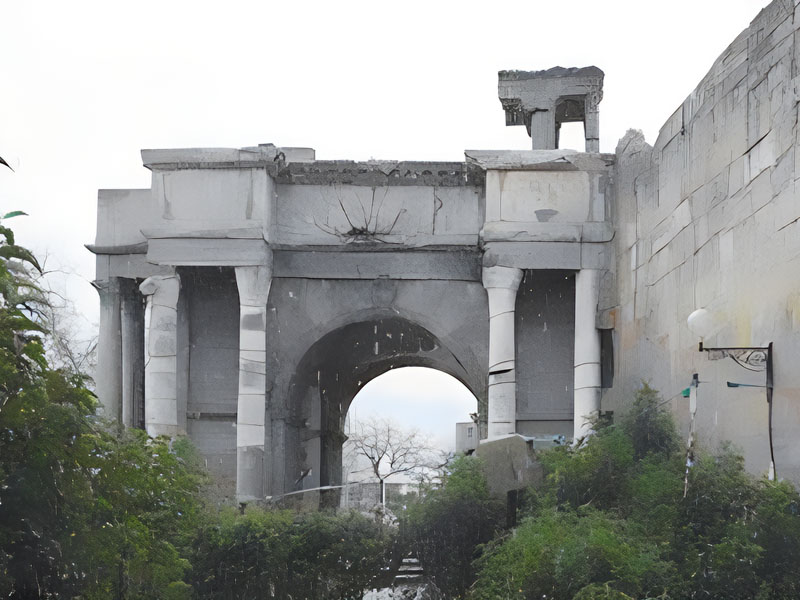Rituals and doctrinal practices in Tébessa and their social significance
Issue 39

By Sabrina Buqfah
This paper addresses folk rituals and beliefs in the state of Tébessa by applying a scientific approach to the linguistic and theoretical concepts of marriage, circumcision and death rituals and their history. We then go on to study Tébessa's culture and to monitor the doctrinal practices and their relevance to ancient religions; some are still prevalent while others have died out.
Primitive man embraced these rituals and tried to preserve them. The principle objective of this study is to track some of these folk beliefs through history in an attempt to identify their origins and their significance to society.
There is significant interest in the study of rituals. Doctrinal practices are among the most commonly studied subjects in folk literature and anthropology, because these rituals and practices reflect many of the issues affecting folk culture in a given region. They are also a link between ancient times and our present and future. This study attempts to identify the historical origins of such practices and their social significance.
In the title of this paper, I identified two questions about the rituals and doctrinal practices of Tébessa's people and their social significance.
My goal was to address:
- The concept of the term ‘ritual’ at the linguistic level and in general
- Types of rituals, with a special focus on rites of passage
- The concept of the rite of passage and its historical origins
Marriages, circumcisions and deaths are different types of passage. I discuss the concepts and the most important rituals that are still practiced on different occasions, and their social implications and denotations.
We use the descriptive analytical approach appropriate for such studies. This approach requires delving into the depths of folk culture through research, investigation, observation, description and analysis, and linking these practices to their ancient religious roots.


































































